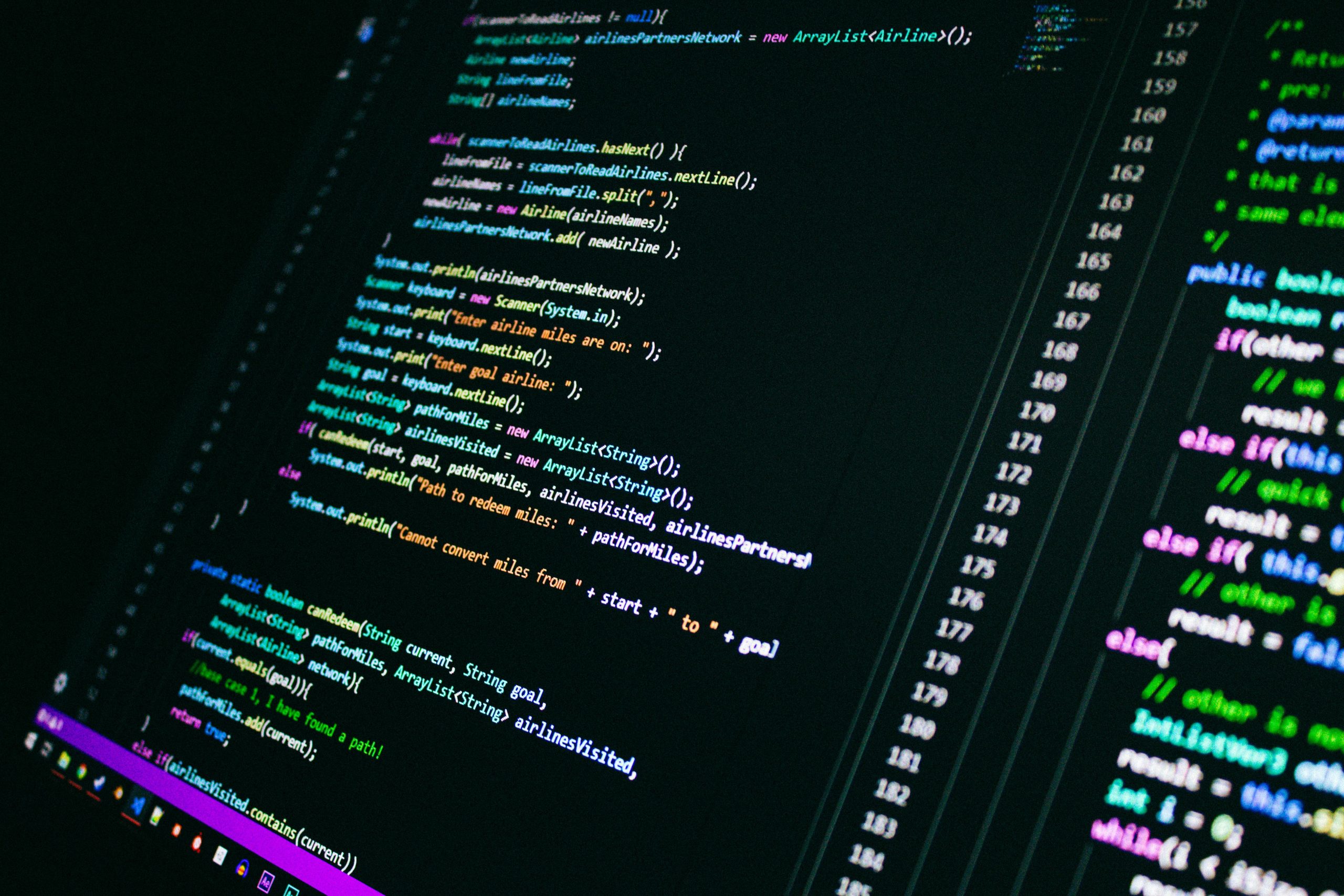Reimagining the Role of Developers in the Era of AI: Insights from GitHub CEO Thomas Dohmke
In a thought-provoking blog post titled “Developers, Reinvented,” GitHub CEO Thomas Dohmke delves into the transformative impact of artificial intelligence (AI) on software development. As a strong advocate for AI-assisted coding tools, Dohmke offers a forward-looking perspective on how AI will reshape, rather than diminish, the role of developers.
A Future of Collaborative AI and Human Ingenuity
Dohmke highlights survey findings indicating a predominantly optimistic outlook among developers regarding AI’s increasing role in coding. Approximately half of the respondents believe that within the next five years, AI could generate up to 90% of their code, with some expecting this shift to occur in as little as two years. Significantly, this anticipated integration does not evoke fear of obsolescence; instead, developers see AI as an opportunity to reinvent their roles. They perceive this technological evolution as a way to elevate their work, enabling them to focus on higher-level design, problem-solving, and strategic tasks.
Balancing Realism and Optimism
One of the key themes Dohmke emphasizes is the emerging mindset among developers—a “realistic optimism.” While acknowledging that AI will alter the landscape of software creation, many developers embrace the change as a chance for growth and innovation. They recognize the necessity of adaptation, viewing the evolution as a natural progression rather than a threat.
Transformation of Coding Roles and Skill Sets
The transition to AI-enabled development is expected to significantly reshape traditional coding responsibilities. Certain roles centered on writing large volumes of code may diminish or evolve, with a shifting focus toward tasks such as delegating, verifying, and overseeing AI-generated work. Despite these changes, the U.S. Bureau of Labor Statistics projects an 18% growth in software developer employment over the next decade—almost five times the national average across occupations. This indicates that new, more sophisticated roles will emerge, emphasizing the importance of agility and continuous learning.
From Efficiency to Ambition
Interestingly, Dohmke notes that developers are less motivated by “time saved” through AI tools and more driven by the desire to expand their ambitions. Instead of merely reducing effort, AI empowers developers to explore larger, more complex problems, pushing the boundaries of innovation.
The Imperative of Advanced Capabilities
To thrive in this evolving landscape, only the most advanced AI capabilities—such as

